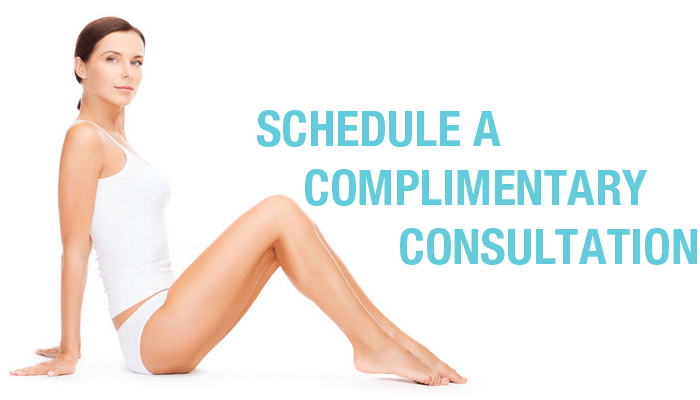We are Board Certified Vascular Surgeons. Vascular Surgeons are the only group of specialists that have specific training in the management of disease of the veins and arteries. We also have years of experience managing Varicose Veins. In fact, we were one of the first practices in the tri-state area to perform the VNUS Closure procedure and introduced this new technology to both Rockland and Orange County.
No. On your first visit, we may try some conservative measure such as life-style changes or compression stockings to achieve a desired result. Many patients do not require any invasive treatments after conservative therapy. As Vascular Specialists, we are more interested in helping you “manage” your veins rather than trying to find a “procedure” that we can do on you.
If you are satisfied, nothing else needs to be done. If you are not satisfied there are other minimally invasive options available to relieve your discomfort and improve your cosmetic results.
No. If you fail conservative therapy, insurance companies deem many varicose vein treatments a medical issue as opposed to a cosmetic issue and will cover the cost of that treatment. You should have minimal, if any out-of-pocket expenses.
In most cases, Sclerotherapy will be done a part of the overall varicose vein treatment plan. If you undergo a VNUS procedure, we will often offer you a free Sclerotherapy session to “clean up” some residual spider veins. If you need other sessions, or stand-alone sessions, the fee is nominal and does not compare to other cosmetic surgical procedures, which can run in the thousands of dollars.
No. The actual treatment takes about an hour.
No. If you need Sclerotherapy, you can return to your normal activities after your treatment. If you need other treatments such as VNUS ablation or Ambulatory Phlebectomies, you can resume normal activities after a few days.
Actually, none of our procedures require general anesthesia. Sclerotherapy requires no anesthesia. A VNUS Closure procedure can be done under a local anesthesia with or without a mild sedative.
All of our treatments can be done in the comfortable setting of our office. There is no need to have your procedure done in the hospital.
That’s up to you. While it’s true that Varicose Veins are not a life-threatening problem, there are other issues that should concern you. Many patients have significant veins that could lead to more serious leg problems such as chronic swelling, phlebitis or leg wounds (ulcers). Some patients have discomfort in their legs during the day, which affect their life style. Other patients just are not happy that their legs seem to look worse as they have aged. Either way, the treatment for veins has become so simple these days that it is something that you should least discuss with us.
Vein removal requires a tiny incision in the skin. The incision is only millimeters in size. They do not require sutures for closure. These small cuts heal well and the scar is imperceptible.
Although women are at higher risk for developing varicose veins, men are also at risk and often seek treatment for varicose veins. Men are affected with varicose veins 50% less than women.
Varicose veins are very common. Stigmata of varicose veins affect half of the population close to 25% of the population have visible varicose veins. Learn more about varicose vein treatment by giving us a call today!
Varicose veins are swollen, twisted veins. Spider veins are web-like small veins located just under the skin.
While spider veins are not always preventable; regular exercise, weight loss, wearing stockings and wearing sun screen can reduce your chances of getting spider veins
Varicose veins carry venous blood. This blood carries less oxygen and therefore is a little darker red than blood from an artery. Interestingly, veins appear blue because of the way light reflects off of them. They are not carrying “blue blood”.
In rare circumstances, very severe veins need to be treated during pregnancy. However, in most cases we suggest waiting until well after you deliver. Many veins disappear after delivery due to changes in hormone levels.
The best way to slow down the advancement of varicose veins is with good leg care. Exercise regularly, keep your weight down, try to elevate your legs if possible and wear comfortable compression stockings.


